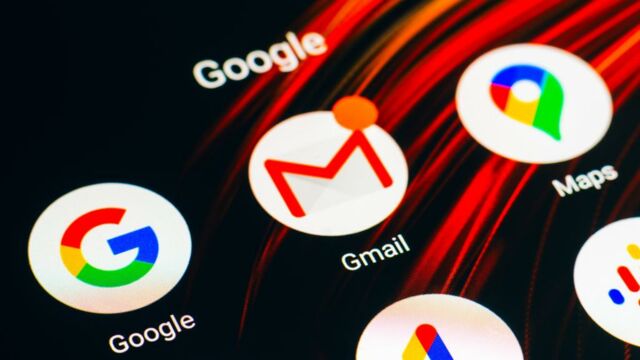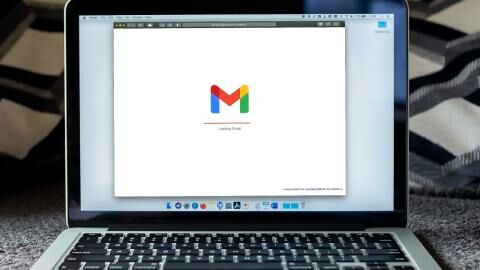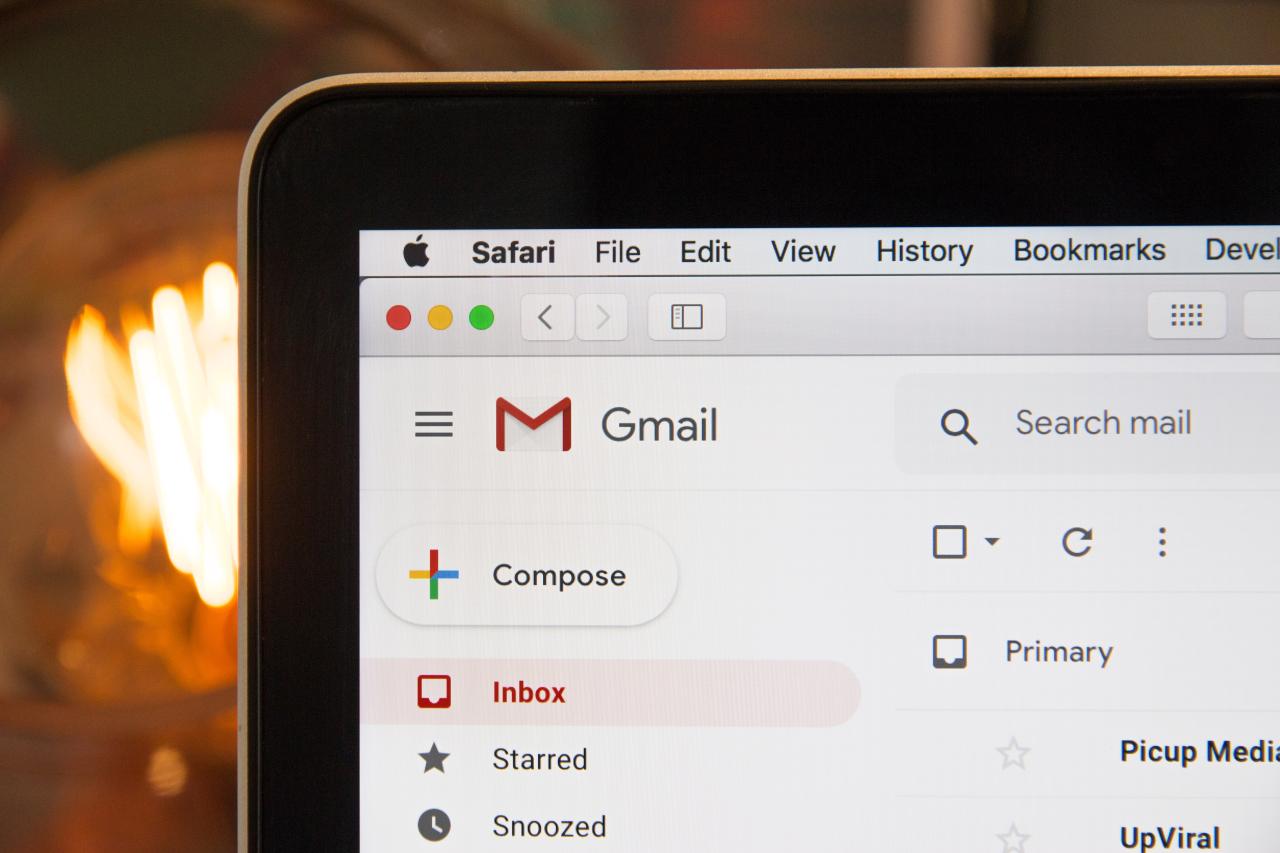Gmail users are being warned of another scam that is specifically targeting them in order to persuade them into parting with their personal data and credit card details. The latest ruse pretends to be from Google and looks very convincing with its text and branding that makes it's easy to fall for the deception.
Discover our latest podcast
Gmail users are being urged to check if this email is in their inbox as it is potentially harmful and should be flagged and deleted straight away. The most recent scam email has the subject heading ‘Online Reward Program’ and when it is opened it reveals that the user has made the 18.25 billionth search on Google and is therefore entitled to a reward - though of course there is no such thing.
Gmail scam
The scam is the latest iteration of the 'billionth search' variety, with previous attempts using pop-up or banner ads to trick people into handing over their personal data. The email reads, as per The Daily Mail:
Congratulations! You are the lucky Google user! Every 10 millionth search is reached worldwide, we will proclaim a lucky user to send out a thank-you gift. You are the lucky user!
The email recipient is then urged to click the link to claim their price, which is just a way to harvest users’ information for nefarious means. The scams are so widespread these days that many wonder how people still fall for them but it’s still very easy to unthinkingly click on these convincing emails.
Read more:
⋙ Gmail: Billions warned of YouTube email that steals crucial data, here's how to spot it
⋙ Gmail warning issued to billions over storage: 'All of your emails may be deleted'
Google users urged to delete scam email from Gmail inbox claiming billionth search earns prize pic.twitter.com/JnybV6wBc3
— DTN NEWS (@DTNNEWUpdates) April 22, 2023
Google scam warning
Google is urging users to stay vigilant and alert to scams and phishing emails and to report anything suspicious that they find in their inboxes. The tech giant asserts, as per The Mirror:
Google does not offer spontaneous prizes in this format and you will not win a prize by completing the survey or entering your personal information. Close out of the pop-up window and do not enter your personal information.
Google also provides these three golden rules to avoid being scammed:
- Slow it down - Scams are often designed to create a sense of urgency. Take time to ask questions and think it through.
- Spot check - Do your research to double check the details you are getting. Does what they’re telling you make sense?
- Stop! Don’t send - No reputable person or agency will ever demand payment or your personal information on the spot.
Read more:
⋙ Gmail issues warning to millions of Netflix users over subscription email: 'Delete it now'
Sources used:
- The Mirror 'Urgent Gmail alert issued to all email users and ignoring advice from Google will be costly'
- The Daily Mail 'Urgent warning issued for online users about widespread Google email scam promising a prize'
- Cybersimpel 'Three golden rules against online scams'















